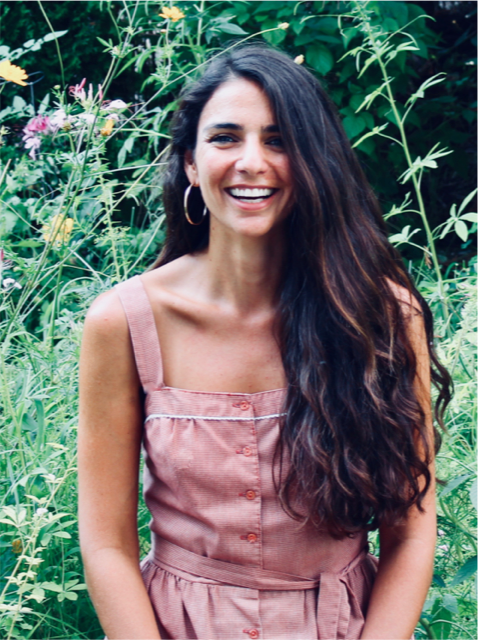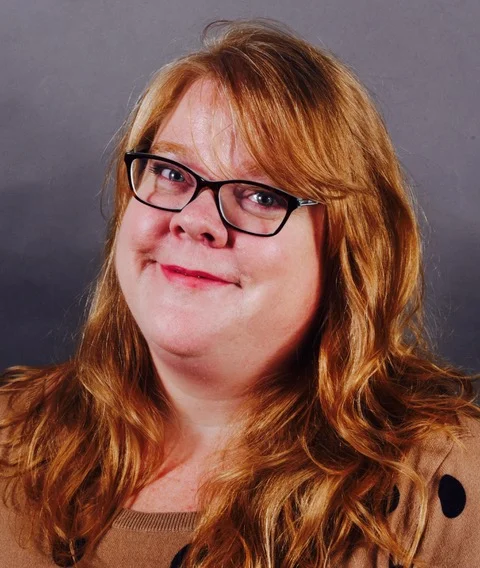Spotlight Interview With Early Childhood Education Specialist Saameh Solaimani
Here is our latest Spotlight Interview With Early Childhood Education Specialist Saameh Solaimani. You can check out her website here: https://www.saamehsolaimani.com/
and read the interview below:
1. What experiences have you had working in early childhood education and care?
A: I’ve been in the field for over fifteen years now and have worked across all sectors, practice, research, and policy. I started as an assistant teacher straight out of college and was absolutely floored by how capable young children are and what an immense impact early childhood educators have and can have on the healthy development of a young child. Once I experienced that, I naturally was drawn to learning about and working in all areas of the field. I decided to pursue my masters at Harvard’s Graduate School of Education where I was lucky enough to work with Project Zero on the Making Learning Visible project and became very interested in Documentation as a tool for qualitative research and making explicit connections between practice, research and policy in early childhood ed. I have since worked in many different ECE roles. For the past five years I have worked as a documentation specialist and teacher coach at Tufts University’s Eliot-Pearson Children’s Lab School. I’m currently teaching in the Department of Curriculum and Instruction at University on Massachusetts Boston. It’s an honor to be part of such a vibrant and diverse learning community.
2. Were there any college courses, mentors, or professional development experiences that stood out as being helpful to your work?
A: The course that immediately comes to mind (and to heart) is The Having of Wonderful Ideas with Eleanor Duckworth at Harvard’s Ed School. It wasn’t until the course came to an end that I truly understood the importance of intentional question asking and curriculum development in order to support critical exploration and deep understanding of a subject matter. It was radical in how it was set up and run, a room full of around fifty people sitting in a large circle being asked to share how we understood phenomena, working and playing together to explore what we all assumed we should have already known by now, softening egos, a true learning community where the fear of being “wrong” was replaced by curiosity and passion for learning itself.
3. If you could talk to politicians and policy makers about early childhood education and care, what would you tell them?
A: I wouldn’t say much. I would show them documentation of an early childhood setting, a video, a transcript, a child’s drawing with his/her words about it. The proof is in the pudding. Early childhood educators know the importance of the field because we’re in theclassroom day in and day out. We watchfour-year olds work together, learning how to collaborate to create an elaborate city out of wooden blocks. We hear their articulate and thoughtful descriptions of their drawings and work. We understand where to go next with our curriculum in order to support learning and healthy development. Early childhood education advocates need to find ways to effectively communicate the critical nature of this period in a human being’s development to thosein a position to invest and effect change.
4. Do you think there are divides between different segments of the ECE community (example teachers, administrators, policy makers, academic researchers) and if so, how do you think we can possibly bridge some of those divides?
A: Absolutely, and again (re-iterating my answer to question #3) I would say that a way to bridge these divides is through the use of documentation of what is happening in the early childhood classroom as proof of the critical nature of the early years. Early childhood educators need to be researchers, collecting qualitative research, so we can share and communicate with those who aren’t able to be in the classroom. This research, this documentation, gives us something tangible and objective to bring to the conversation, a starting point that supports effective collaboration.
5. What makes you optimistic about the future of ECE and what do you think are the biggest challenges to improving quality.
A: I am optimistic as I see more attention being paid to just how critical the early years are- not only to an individual’s healthy development, but to the healthy development of the human race. I think a great example of this is the research coming out of Harvard’s Center on the Developing Child, directly connecting brain development in the early years with quality early childhood education and it’s impact our society.I also see ECE moving towards a more collaborative place, where teachers, researchers and policy-makers are realizing that finding ways to work together effectively is imperative for the evolution of our field. A big challenge for ECE, and really for all human services, is not making self-care and self-awareness a priority. An example of this is you can look at most any ECE licensure programs and I’d be surprised to see a required course that includes mindfulness and self-awareness work as part of it’s curriculum. I do often wonder how we can successfully support the emotional and cognitive development of a room full of sixteen four-year-old children without simultaneously nurturing our selves.





